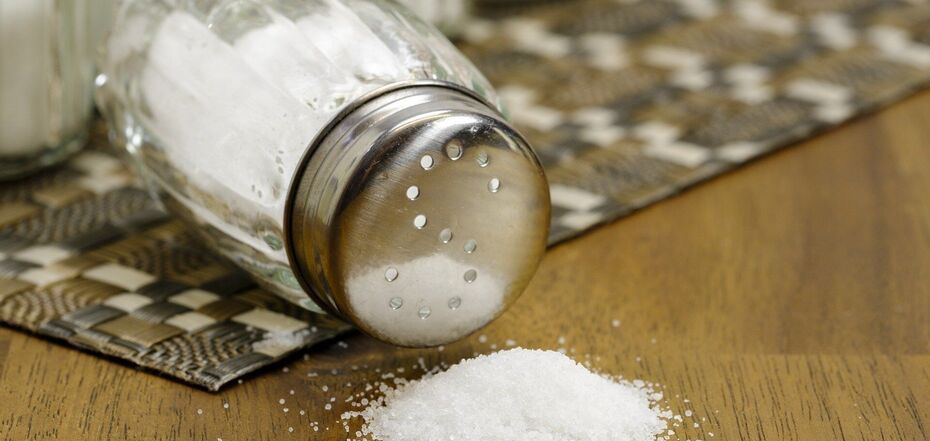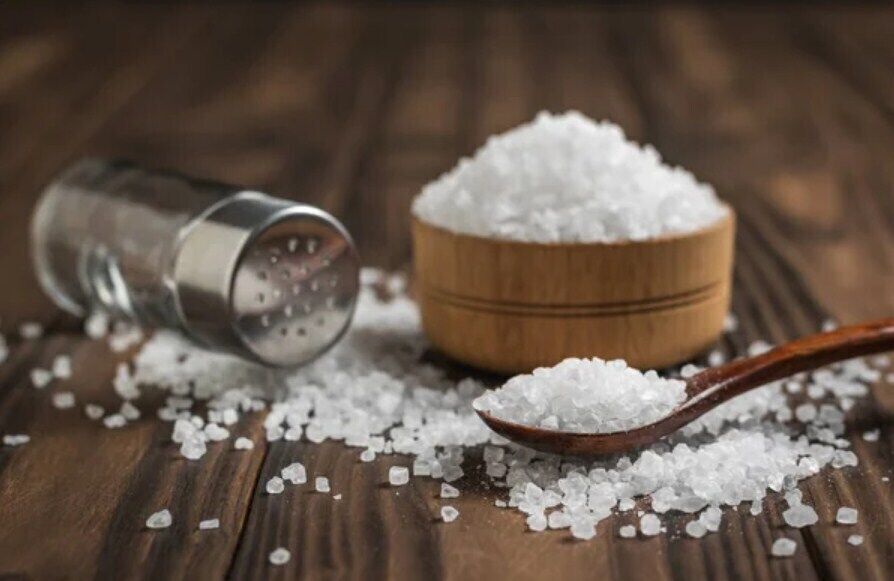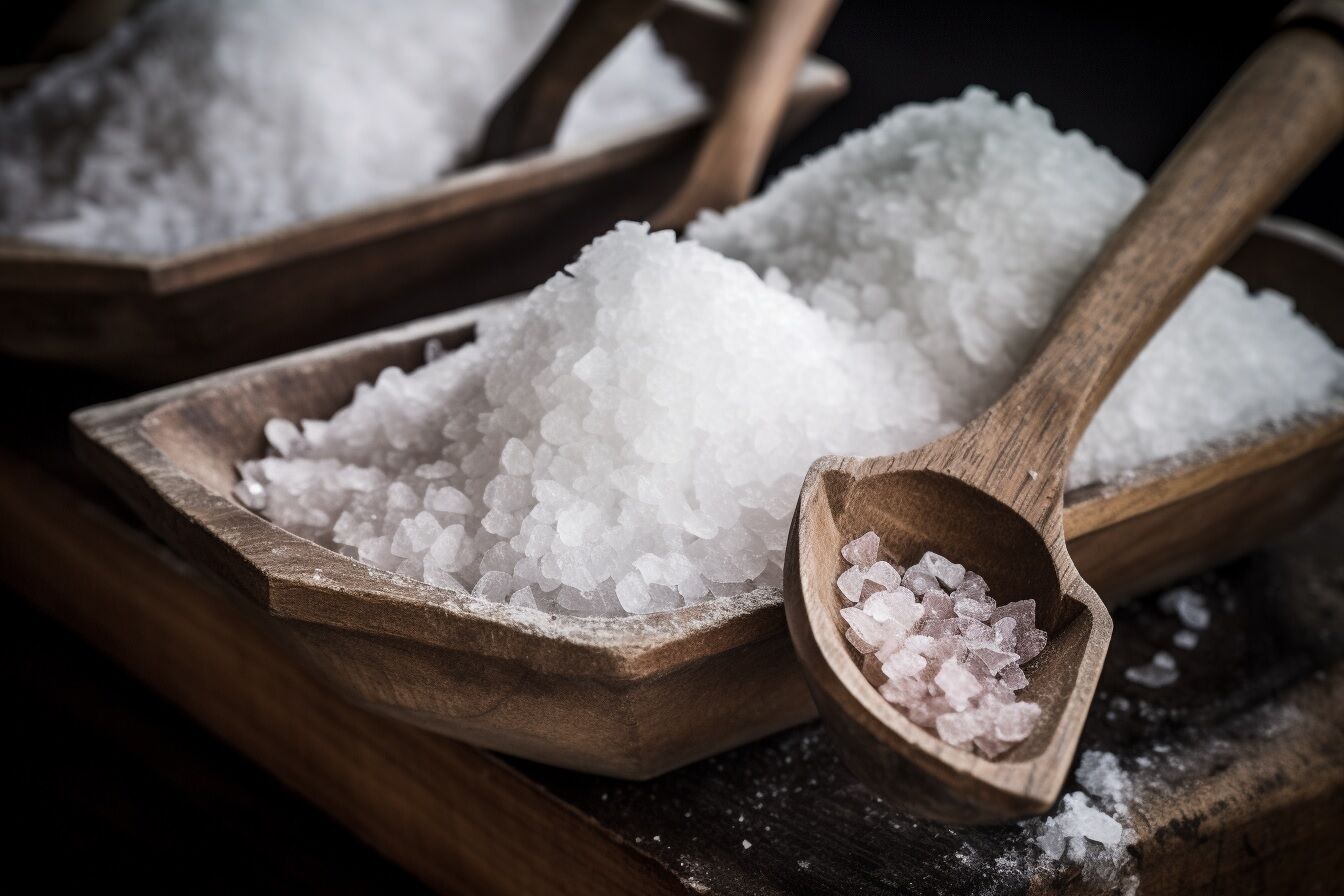Food
Does salt relieve stress? The expert explained how much salt you can eat without harming your body
Salt is the most popular spice for cooking all kinds of dishes, and it is even added to desserts. But you need to remember that salt retains fluid in the body, so experts recommend not to overuse it, and you need to know how many grams of salt per day are safe for the body.
{"imgSrc":"https://i.obozrevatel.com/gallery/2022/10/1/filestoragetemp-2022-02-15t174723-280.jpg","imgWidth":1172,"imgHeight":551,"title":"Картопля по-селянськи із сіллю","sourceTxt":" ", "alt": "Potatoes in a rustic way with salt"}
Nutritionist Anastasia Goloborodko shared useful tips on Telegram about how much salt you can eat per day and why it is very important for the body.
"People cannot live without salt, it is an important electrolyte and regulator. Ordinary table salt - sodium chloride - NaCl - is 39% Na and 60% Cl. All the water in the body is in the form of saline, it is also called "saline" - it is a 0.9% salt solution," says the expert.
Why salt is needed for the body
The expert noted that salt is needed to maintain osmotic pressure. This is the pressure at the interface of two solutions, the membrane of the cell membrane. If we lose salt, the osmotic pressure is disturbed, and cells cannot work in this state. Especially sports vs. salt diets - it doesn't work!
The second important function of salt is digestion. Table salt increases the action of saliva, and saliva is the first anti-inflammatory digestive agent. Assimilation is the same! With age and accumulated eating habits, we lose healthy stomach acid. salt (NaCl), if there is no salt, protein will not be absorbed. Pepsinogen, an enzyme in gastric juice, is activated by hydrochloric acid. Without it, there will be no digestion of proteins. Even therapeutic and prophylactic waters for the gastrointestinal tract are always salty. Proteins have a +- complex metabolism that can give "side effects": they break down into components and release free sulfur, which can produce poisonous sulfuric acid, but under the influence of salt, which breaks down into chlorine and sodium, sulfur is neutralized by sodium, and chlorine goes into a healthy stimulus of gastric hydrochloric acid," the nutritionist said.
Salt and stress
"Salt should be eaten to regulate stress and preserve the adrenal glands. In the regulation of the nervous system, in the functioning of the adrenal glands, which are small but extremely important endocrine organs, it is the level of Na in the tests that we use to see if the adrenal glands are not working properly from chronic stress and if cortisol is elevated beyond normal levels," the expert said.
How much salt can be given to children
"The dose for children is small. And it is also worth remembering that we get the main salt not from added salt, but from ready-made products: bread, canned food, sausages," the expert summarized.
OBOZREVATEL also reported on how to distinguish real butter from fake at home.

































